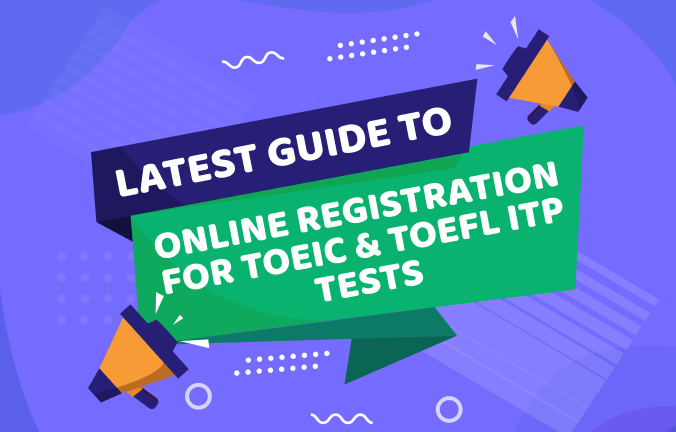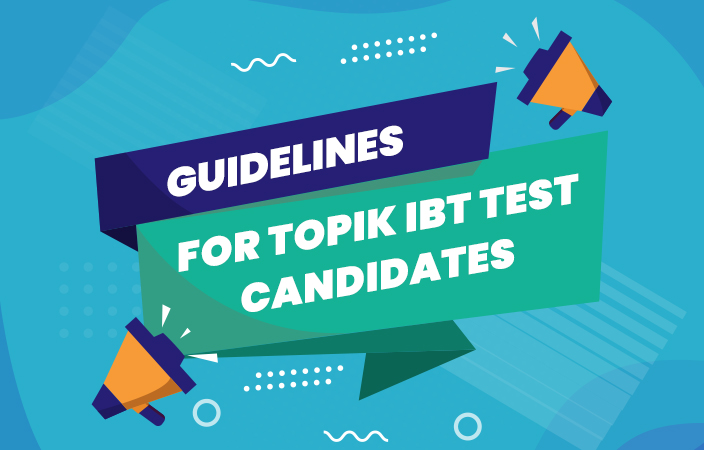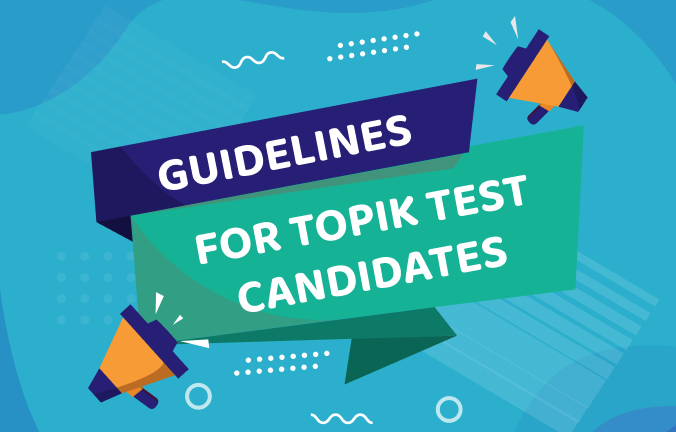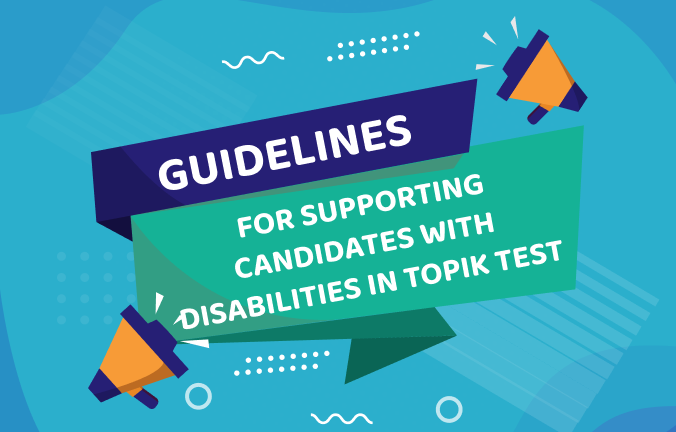GUIDELINES FOR AP EXAM CANDIDATES
1. Eligibility for AP Exam Participation:
The AP exam is open to the following candidates:
- High school students currently enrolled at a high school, including those who are homeschooled, attending independent study programs, or enrolled in online schools.
- Middle school students wishing to take the exam before completing Grade 9.
- Recent high school graduates who need to take the AP exam for university admission.
Students can take the AP exam at their current school or at authorized AP testing centers.
Additional Requirements:
- Candidates must be either Vietnamese citizens or currently residing in Vietnam.
- Candidates must present valid, original identification (Passport or Vietnamese Citizen Identification Card) with a photo and signature. Those unable to provide the required documents will not be permitted to sit for the exam.
2. ID Requirements:
- Candidates must present the original and valid Citizen Identification Card or Passport with a photo and signature. Copies or replicas will not be accepted. Visa and passport renewals should be completed in advance to ensure possession of valid documents on the exam day.
- ID documents must be unexpired, undamaged, and issued by an appropriate authority. Laminated or altered documents are not accepted.
- For Foreign Nationals Residing in Vietnam: Only a valid original passport will be accepted.
- Candidates who fail to present valid identification or an official confirmation ticket on the exam day will be prohibited from taking the exam, and no refunds will be provided.
3. Registration
- Candidates must complete online registration via the IIG Vietnam portal at https://online.iigvietnam.com/.
- Upon registration and payment, candidates are required to register for their exam subjects on the College Board system (myap.collegeboard.org) following the given instructions.
- Exam tickets will be issued approximately two weeks before the exam date.
- Registering on the College Board system without finalizing payment on IIG Vietnam's registration portal will render candidates ineligible for the exam. Likewise, completing payment on IIG Vietnam's portal without registering on the College Board system will result in exam ineligibility.
- Successful registration is confirmed when the following steps are completed: (1) payment and AP ID update on IIG Vietnam’s portal, (2) exam registration on the College Board system, (3) AP ID update on the IIG Vietnam portal, and (4) receipt of the official exam ticket from IIG Vietnam.
4. Exam Rules and Regulations:
- Candidates can attempt 1-4 Physics exams within the same year.
- Registering twice for the same subject in a year is prohibited; retaking the exam is allowed in the subsequent year.
- Candidates cannot register for both Calculus AB and Calculus BC exams within the same school year.
- Simultaneous scheduling of 2 regular exams on the same day and time is not permissible. Candidates must prioritize one exam before the other.
- Candidates registering for the AP Computer Science Principles exam must confirm their participation in an AP course led by an instructor and agree to submit their project by 11:59 PM EST on April 30, 2025 (or 10:59 AM, May 1, 2025, Vietnam Time). Failure to submit on time will result in no score and no refund. Candidates must also adhere to security and identification requirements, as failure to comply will result in disqualification.
- Timely arrival, adherence to security protocols, and meeting identification requirements are crucial; failure to comply will result in denied entry.
5. Registration Deadlines:
|
Registration Opens |
Registration Deadline |
|
24/09/2024 |
01/11/2024 |
|
Late Registration Opens |
Late Registration Deadline |
|
20/11/2024 |
28/02/2025 |
6. Exam Guidelines:
Prior to the Exam Date:
- Candidates must ensure they possess complete identification documents and have obtained the admission ticket from IIG Vietnam.
- Candidates should have personal devices eligible for taking the AP (Laptop, MacBook, iPad) pre-installed with the Bluebook exam application. Detailed instructions for downloading Bluebook can be found here.
- Thoroughly familiarize themselves with the examination room regulations, understanding items that are permitted and those that are prohibited within the examination environment.
- Candidates should make arrangements to arrive at the testing site 30 minutes prior to the scheduled exam time to complete the check-in process.
On the Day of the Exam:
Candidates must arrive in the test center at least 30 minutes before the scheduled start time and bring the following materials:
- Official AP exam admission ticket.
- A valid Passport or Citizen Identification Card
6.1. Permissible Items in the Exam Room:
- HB or No. 2 pencils (with or without erasers) for use on multiple-choice sections.
- Black or dark blue ink pens for essay responses.
- Wristwatches without internet connectivity or alarms.
- Approved calculators for subjects like Biology, Calculus, Chemistry, Environmental Science, Physics, and Statistics. See acceptable calculators.
- Rulers (for Physics exams only). Protractors are strictly prohibited.
- Identification documents and the admission ticket
- See AP’s list of items to bring.
6.2. Prohibited Items in the Exam Room:
- Electronic devices including, but not limited to, mobile phones, smartwatches, fitness trackers, cameras, or any other communication devices.
- Documents other than the official exam admission ticket and valid identification.
- Unauthorized materials such as textbooks, reference materials, mechanical pencils, colored pens, correction fluid, highlighters, or protractors.
- Scratch paper is not allowed (AP Chinese and Japanese exams will provide scratch paper).
- Noisy or alarmed watches.
- Unauthorized calculators or using calculators in exams that do not allow them.
- Earplugs, clipboards, and any items deemed dangerous or disruptive.
- Food and beverages are prohibited inside the exam room, though they may be consumed during scheduled breaks outside.
During Breaks:
- Throughout the scheduled break between Sections 1 and 2 of the AP Exam, or any other unscheduled break, candidates are strictly prohibited from using any materials, electronic or communication devices, including cell phones, and must not share or discuss test content with other candidates or individuals.
- Candidates are not allowed to leave the test location during the testing period or scheduled breaks.
- Candidates discovered using prohibited items during the exam or breaks may be dismissed from the test room, have their device confiscated, forfeit their score, and/or being barred from future exams.
- See AP’s list of items not to bring.
6.3. Misconduct During the AP Examination:
Candidates are hereby strictly prohibited from engaging in any of the following actions during the AP examination:
- Cheating: Engaging in any form of dishonest conduct or attempts to gain an unfair advantage during the examination.
- Non-compliance with time limits: Failure to complete the assigned section of the exam within the prescribed time limits.
- Use of unauthorized materials: Utilization of any prohibited items, including but not limited to scratch paper, reference materials, or unauthorized devices.
- Using electronic devices: The use or attempted use of mobile phones or any electronic devices during the examination or designated breaks is strictly forbidden.
- Artificial intelligence tools: The use or attempted use of AI technologies, including tools such as Generative Pre-training Transformers (e.g., GPT-4), is expressly prohibited.
- Unauthorized departure from the exam area: Exiting the examination room, designated testing area, or assigned break area without proper authorization or exceeding the allocated break time.
- Reproduction of exam content: Any form of reproduction or attempted reproduction of exam materials, such as photographing or copying any portion of the examination.
- Sharing of exam content: Disseminating, sharing, or discussing any part of the examination, during or after the test, by any means, including email, text messages, phone calls, images, social media, or the internet.
- Inscribing answers on personal items: Writing or recording examination responses or related information on clothing, footwear, one’s body, or personal belongings.
- Use of unauthorized assistive devices: Employing any assistive devices that have not been explicitly approved by the College Board.
- Tampering with the test booklet: Removing, or attempting to remove, pages or sections from the test booklet.
- Unlawful removal of test materials: Deliberately removing any portion of the examination or related notes from the examination room.
- Food and beverages: Bringing food or beverages into the examination room is prohibited unless expressly approved by the College Board as an accommodation.
- Sharing calculators: Sharing handheld calculators with other candidates during the examination is strictly prohibited.
- Plagiarism: Copying another candidate’s work or drawing from external sources during the examination.
- Submission of non-original work: Submitting any work derived from external sources such as the internet, books, or classroom materials.
- Providing or receiving assistance: Offering or receiving assistance of any kind to or from another candidate during or after the examination. Any candidate found to be involved in such conduct will be subject to investigation.
- Substituting candidates: Taking the examination on behalf of another person or allowing another person to take the examination on one’s behalf.
- Disruptive behavior: Engaging in any conduct that disturbs the order of the examination environment.
- Threatening behavior: Exhibiting threatening or hostile behavior toward fellow candidates, proctors, supervisors, or IIG Vietnam staff.
- Failure to comply with instructions: Disregarding any rules or instructions provided by the exam supervisor or proctors.
- Read AP’s Exam Security Policies.
Any violations of the aforementioned policies will be reported to the College Board. Consequences for such violations may include, but are not limited to, the cancellation of exam scores and forfeiture of examination fees. For detailed information, please consult the AP Exam Security Policies.
Warm regards,
IIG Viet Nam






